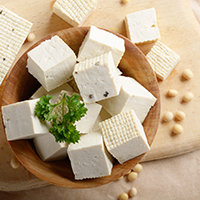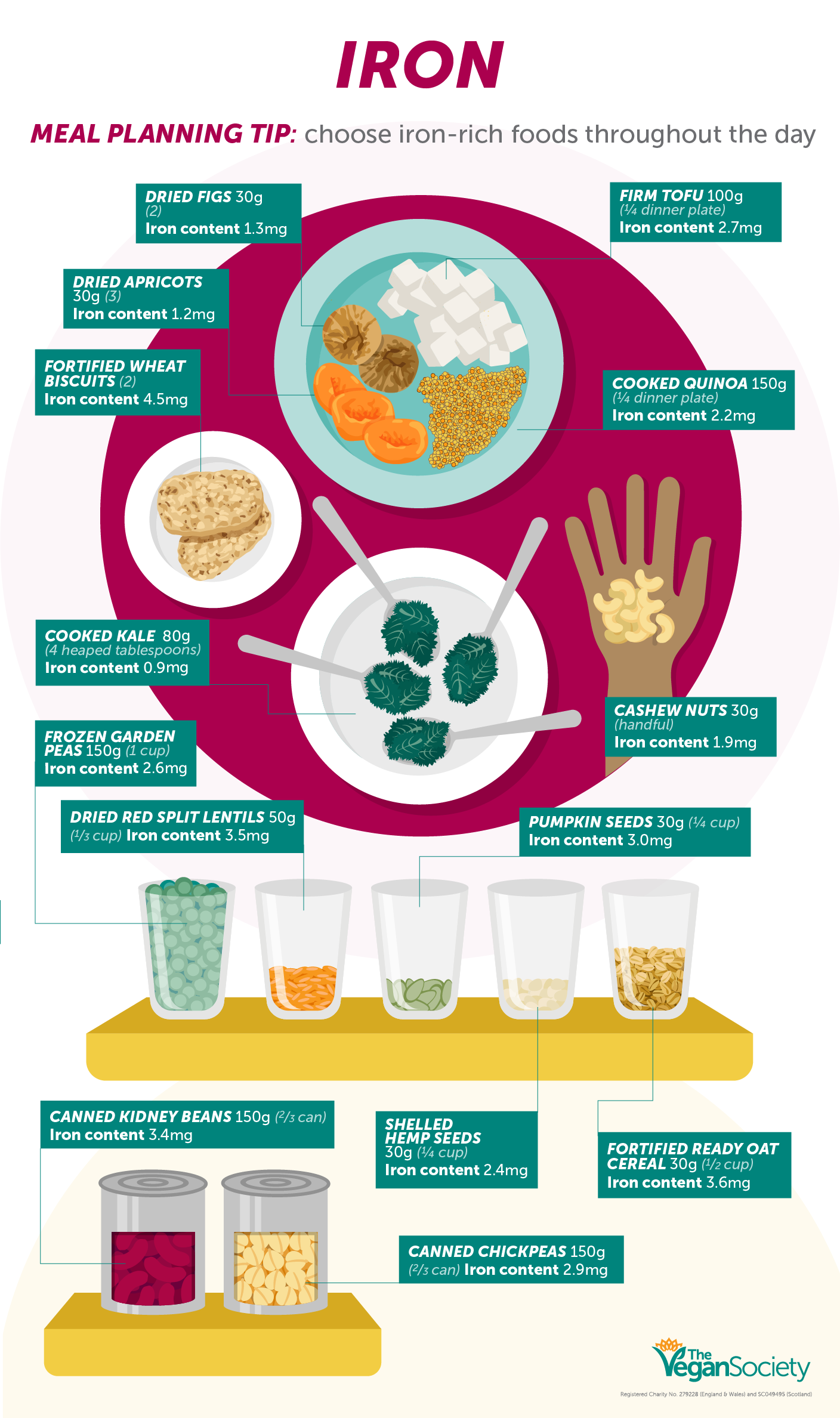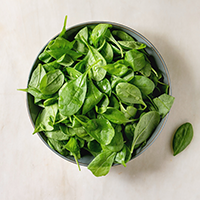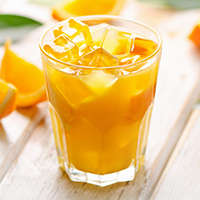
Why is iron important?
Iron deficiency is the most common nutrient deficiency in the world1 so it is important for everyone to know which plant-based foods are the best sources of iron.
Our bodies use iron to make haemoglobin in red blood cells, which carry oxygen in our blood. Iron is also used to make myoglobin, which stores oxygen in our muscle cells. Iron is also part of many important enzymes, which are substances that speed up chemical reactions. If your body is low in iron, you may become tired and you could develop iron-deficiency anaemia.

Click to view full infographic


How can you get enough iron?
You can get all the iron you need from a well-planned vegan diet because there are lots of plant foods containing reliable sources of non-haem iron, such as leafy greens and kidney beans.3,4 More examples are provided in the infographic above. Routine iron supplementation is not recommended for people following a vegan diet because plenty of iron-rich foods are available.
Iron absorption
Lots of factors affect the amount of iron your body absorbs from your diet. The most important factor is your body’s need for iron: more is absorbed when you are short of iron and less is absorbed when your stores are full.5
Some factors can make it difficult for your body to absorb iron. Tea, coffee and a component of our diets called phytates can all reduce iron absorption. Some people find it helpful to avoid drinking tea or coffee with meals and for at least an hour before or after.
By contrast, vitamin C is an essential nutrient that can increase iron absorption. Luckily, foods rich in vitamin C are abundant in vegan diets, including bell peppers, broccoli, cabbage, Brussels sprouts, kiwi fruits, oranges, strawberries, pineapples, grapefruits and orange juice. Here are some ways that you can combine these foods with iron sources at meal times:
- serve a small glass of orange juice alongside fortified wheat biscuits topped with shelled hemp seeds and raisins to help with non-haem iron absorption
- add bell peppers to a houmous and mixed bean wrap
- add pineapple to a lentil curry
Using cast iron pans may also be helpful because a small amount of iron may be transferred to food during cooking.6

In the UK, the following daily iron intakes are recommended 2:
|
Age Group* |
Recommended daily intake (mg) |
|
0–3 months |
1.7 |
|
4–6 months |
4.3 |
|
7–12 months |
7.8 |
|
1–3 years |
6.9 |
|
4–6 years |
6.1 |
|
7–10 years |
8.7 |
| 11–18 years |
Non-menstruating 11.3 Menstruating 14.8 |
|
Adults |
Non-menstruating 8.7 Menstruating 14.8 |
*Please note that this information sheet is aimed at adults. Guidelines about pregnancy, breastfeeding and childhood are outlined in our information about different life stages available at www.vegansociety.com/nutrition.
Iron tips to take away
- Ensure that you choose iron-rich foods throughout the day.
- At meal times, boost iron absorption by including a good source of vitamin C.
- If you consume tea and coffee, drink outside of meal times.
Further information
You might be interested to check out the following webpages:
- Life stages – including pregnancy, breastfeeding and different age groups.
- Nutrition overview – information to help you ensure that your overall diet is balanced and varied.
References:
- World Health Organization. Micronutrient Deficiencies; 2016 www.who.int/nutrition/topics/ida/en/ (accessed 12 October 2023)
- Committee on Medical Aspects of Food and Nutrition. Dietary Reference Values for Food Energy and Nutrients for the United Kingdom London: HMSO; 1991
- Public Health England. Composition of Foods Integrated Dataset (CoFID) www.gov.uk/government/publications/composition-of-foods-integrated-dataset-cofid (accessed 12 October 2023)
- United States Department of Agriculture. FoodData Central https://fdc.nal.usda.gov/ (accessed 12 October 2023)
- Scientific Advisory Committee on Nutrition. Iron and Health www.gov.uk/government/uploads/system/uploads/attachment_data/file/339309/SACN_Iron_and_Health_Report.pdf (accessed 12 October 2023)
- Quintaes KD, Amaya-Farfan J, Tomazini FM, Morgano MA, de Almeyda Hajisa NM & Neto JT. Mineral Migration and Influence of Meal Preparation in Iron Cookware on the Iron Nutritional Status of Vegetarian Students. Ecology of Food and Nutrition 2007; 46: 125–141
These are general guidelines about nutrition. If you have concerns about your diet, please talk to your doctor about seeing a dietitian. Discussing the use of supplements with a health professional will help to ensure that they are suitable for you.
